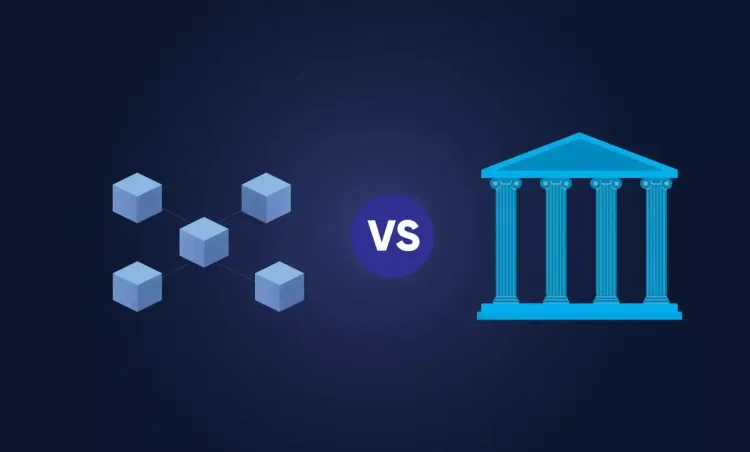Debt can often feel like an overwhelming burden, weighing on your mind and affecting your financial stability. For many, managing multiple loans, credit cards, or other financial commitments can quickly spiral into stress and uncertainty. But there’s good news—you can take control of your debt with intentional and well-structured budgeting strategies. This guide aims to walk you through clear, actionable steps to help you regain financial confidence and eliminate debt faster.
Understanding Your Debt
Before you can tackle your debt, it’s important to understand its full scope. Take an honest look at all your outstanding debts—credit cards, student loans, personal loans, or even money borrowed from friends or family. Make a list of each debt, including the total amount owed, the interest rate, and the minimum monthly payment. Understanding the big picture allows you to organize your financial obligations and create a clear strategy.
Remember, your debt doesn’t define you. Everyone’s financial journey is different, and acknowledging your starting point is the first step to taking control. Once you have a comprehensive view of your debt, you’ll have a much easier time developing an effective plan to chip away at it.
Creating a Realistic Budget
A clear, realistic budget is your strongest weapon in eliminating debt. Start by tracking your monthly income and expenses. Where does your money go? Categorize your payments into essentials (like rent, groceries, and utilities) and non-essentials (like streaming services or online shopping).
From there, determine how much of your income you can allocate toward paying off your debt each month. Setting a realistic amount ensures you stick to your plan without feeling overwhelmed. Use budgeting tools or apps to stay consistent, or rely on the tried-and-true method of logging your spending manually. A budget is not a restriction—it’s a roadmap to freedom.
Implementing the Snowball or Avalanche Methods
When it comes to repayment strategies, the Snowball and Avalanche methods are two popular approaches to debt elimination. The Snowball Method involves paying off your smallest debts first while continuing to make minimum payments on larger ones. This creates small, quick wins that boost motivation.
Alternatively, the Avalanche Method focuses on paying off high-interest debt first, helping you save money over time. Both methods are effective, and the best choice depends on your financial situation and personal preferences. The key is to stick with whichever strategy you choose, as consistency is what ultimately leads to success.
Cutting Unnecessary Expenses
To free up more money for debt repayment, take a closer look at where you can cut unnecessary expenses. Are you dining out more often than you realize? Do you need every subscription service you currently pay for? Small changes, like cooking at home or canceling an unused gym membership, can add up to significant savings over time.
Focus on cutting back without making yourself feel deprived. Instead of thinking, “I can’t afford this,” reframe your mindset to, “Paying this off will help me achieve my goal.” Setting clear priorities helps you identify what truly matters and lets you channel your funds more effectively.
Generating Extra Income
If cutting costs alone isn’t enough to make serious progress, consider finding ways to generate additional income. Taking on a side gig, like freelancing, tutoring, or driving for a rideshare service, can provide extra cash that goes directly toward your debt.
Selling items you no longer need is another option. Whether it’s clothes, electronics, or furniture, platforms like eBay, Facebook Marketplace, and Poshmark make it easier than ever to turn unused items into financial opportunities. Combining extra income with your reduced expenses can accelerate your repayment timeline significantly.
Staying Committed to Your Plan
Eliminating debt isn’t a sprint—it’s a marathon. Staying committed to your plan requires discipline and patience. There may be moments when you’re tempted to stray from your budget or skip a payment. Remember why you started and how much closer you are to your financial goals than when you first began.
Create reminders or visual aids, like tracking your debt repayment progress on a chart or using an app designed to motivate you. Celebrate the small wins along the way, such as paying off one debt completely or hitting an important milestone. Persistence is key, and every effort you make is bringing you closer to a debt-free future.
Celebrating Small Wins
Acknowledging your progress, no matter how small, is crucial for maintaining momentum. Reward yourself when you pay off a debt, even if it’s with something simple like a small treat or a low-cost activity you enjoy.
These celebrations reinforce positive behavior, helping you stay motivated and excited about continuing your financial transformation. Remember, you’re not only paying off debt—you’re building sustainable financial habits that will benefit you long after your debt is gone.
Seeking Professional Advice
If your debt feels unmanageable, don’t hesitate to seek professional advice. Financial advisors or credit counselors can provide tailored guidance and strategies to address your specific situation. They may even help negotiate lower interest rates or develop a manageable repayment plan.
Reaching out for support is not a sign of failure—it’s a proactive step toward taking control of your financial well-being. There are many free or low-cost resources available to help you get on track.
Conclusion
Paying off debt is a challenging but rewarding process. With the right strategy, determination, and support, you can eliminate debt faster and free yourself from financial stress. Take the first step today—whether it’s creating a budget, reviewing your debts, or reaching out to a professional. Empower yourself to take control, and soon you’ll experience the freedom and peace of mind that come with being debt-free.




